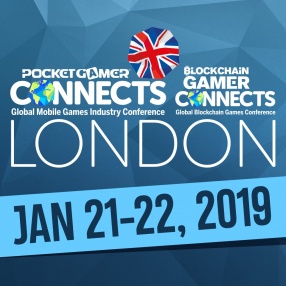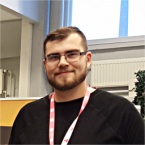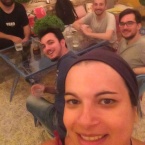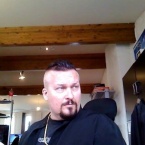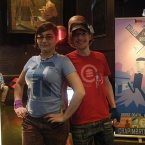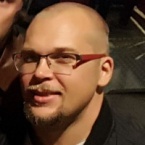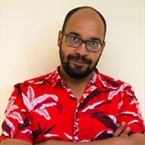Tell us a bit about you and your history in games development.
Greetings to all the readers! I’m Jani Gröhn, 24, a student developer from Finland. I’m currently studying IT at JAMK University of Applied Sciences, aiming to make a career in games.
Most of my history in game development comes from various Game Jams and pet projects over the years. I enjoy learning more about all aspects of game development, but my strengths are in design, music and programming. My studies have been valuable in approaching games from a software development angle, and utilizing those methods in practice during game projects.
It’s no exaggeration to say that this is a breakthrough opportunity for us to shine internationally, and we plan to bring our A-game to the conference.
What's the pitch behind your game?
Our game is Chain Lightning, a fast-paced active clicker game, where you try to contain the rapidly escalating chaos by tapping the volatile lightning bolts on your screen.
It’s a hypercasual game at its core, but its long-term progression system, leaderboards and unlockables keep it interesting, even for an extended period of time. Competing with your friends also brings extra flavour to the mix. The gameplay loop is simply addicting.
Intensity is one big part of the game. To reach high scores, the player must tap into their inner zen mode and give it their full concentration. It’s easy to lose yourself while breaking new records and gaining precious level ups. This intensity resonates well with our players, inciting friendly competition, even with people who normally do not care for games at all.
Everything is topped off with the visuals. Futuristic sci-fi neon colours and electric themes come together seamlessly in the game’s art style, courtesy of our talented artist, Ivan Rubin.
Why are you attending Pocket Gamer/PC Connects London 2019?
This is actually a nice story! Chain Lightning started its journey at the Pocket Jam #3, which was held in conjunction with the PGC Helsinki 2018 conference. Chain Lightning won Honorable Mention at the awards and we were really happy about that, especially since the other teams set the standards so high.
Fast forward a couple months, we receive an email which says we have also won tickets to PGC London, and we should enter this pitch contest as well. Naturally, we are beyond excited about this opportunity and we’re eager to show what we've got!
Given how challenging the indie market is right now, what sort of opportunities are there for smaller developers?
I believe the advantage for smaller developers is in creative design and the power to make unorthodox decisions. They have more freedom and less pressure to conform. They have a chance to stand out and create something new, unique.
Indies are often avid gamers themselves, so they have a close feel to the needs and wants of their customers. Therein lies their biggest strength, which only needs to be utilized to create new opportunities.
As an indie, what does success mean to you?
Great question! Of course, financial success is the lifeblood of any company, and I understand that professional games are products that are meant to be created to raise profit.
However, I think there’s more to success than just that. I care very much about games in general, and consider them to be art. Certain games even have the powerful potential to affect popular culture. To ever reach that point would be more fulfilling than monetary gain.
Success, to me, is to be widely accepted and respected by the gaming community. I’d like to eventually build a reputation as a solid developer, doing my part in creating quality games that people appreciate.

